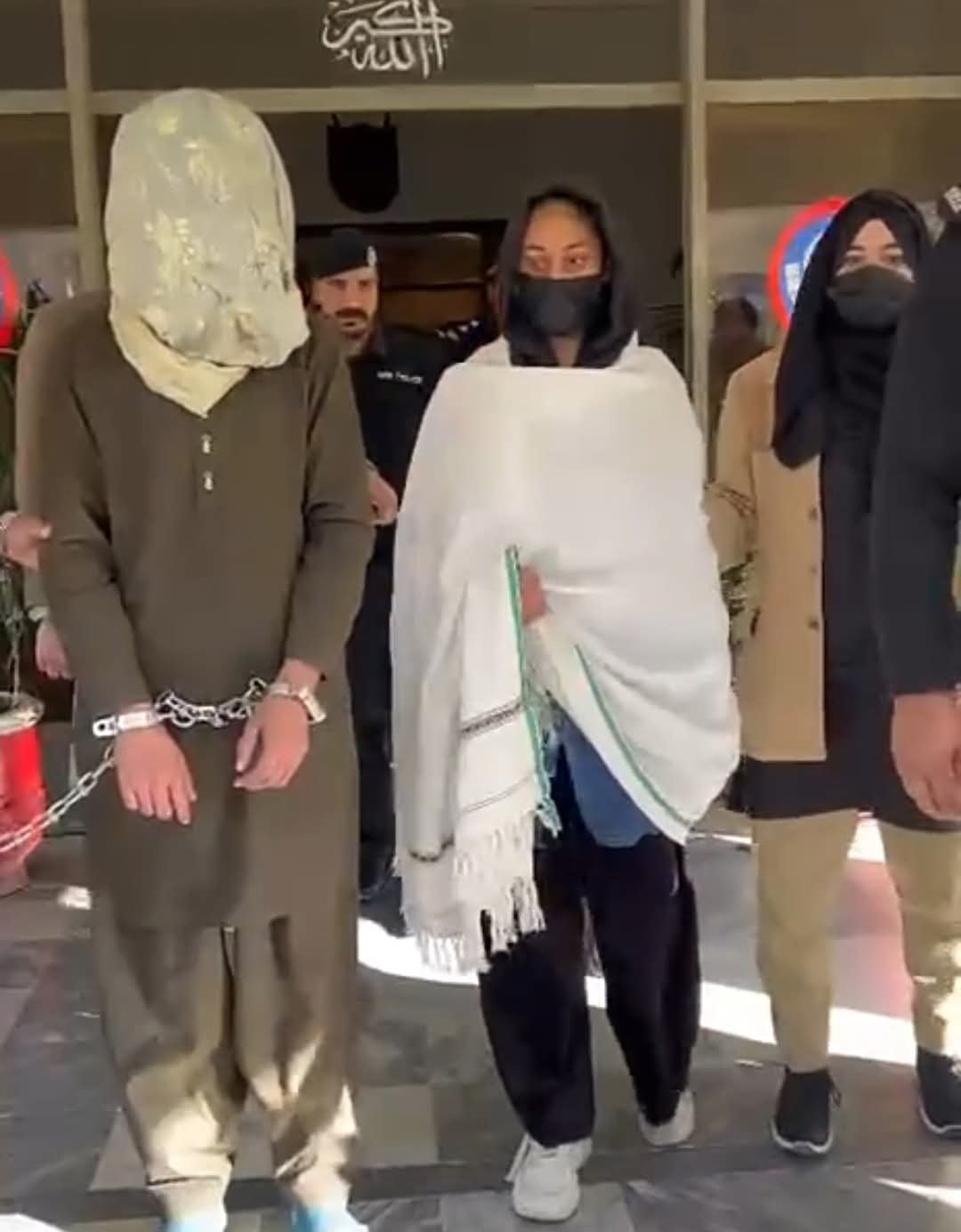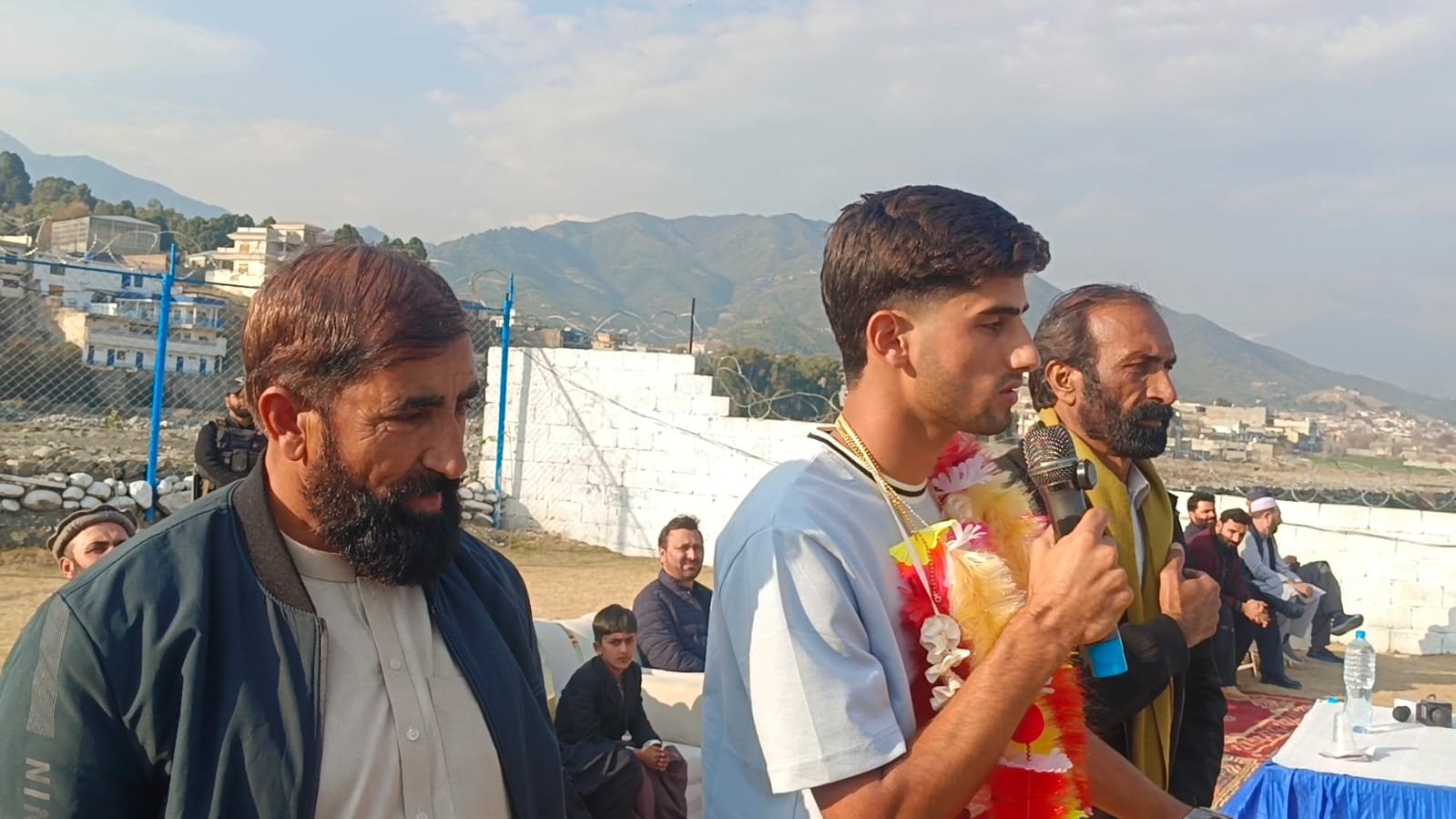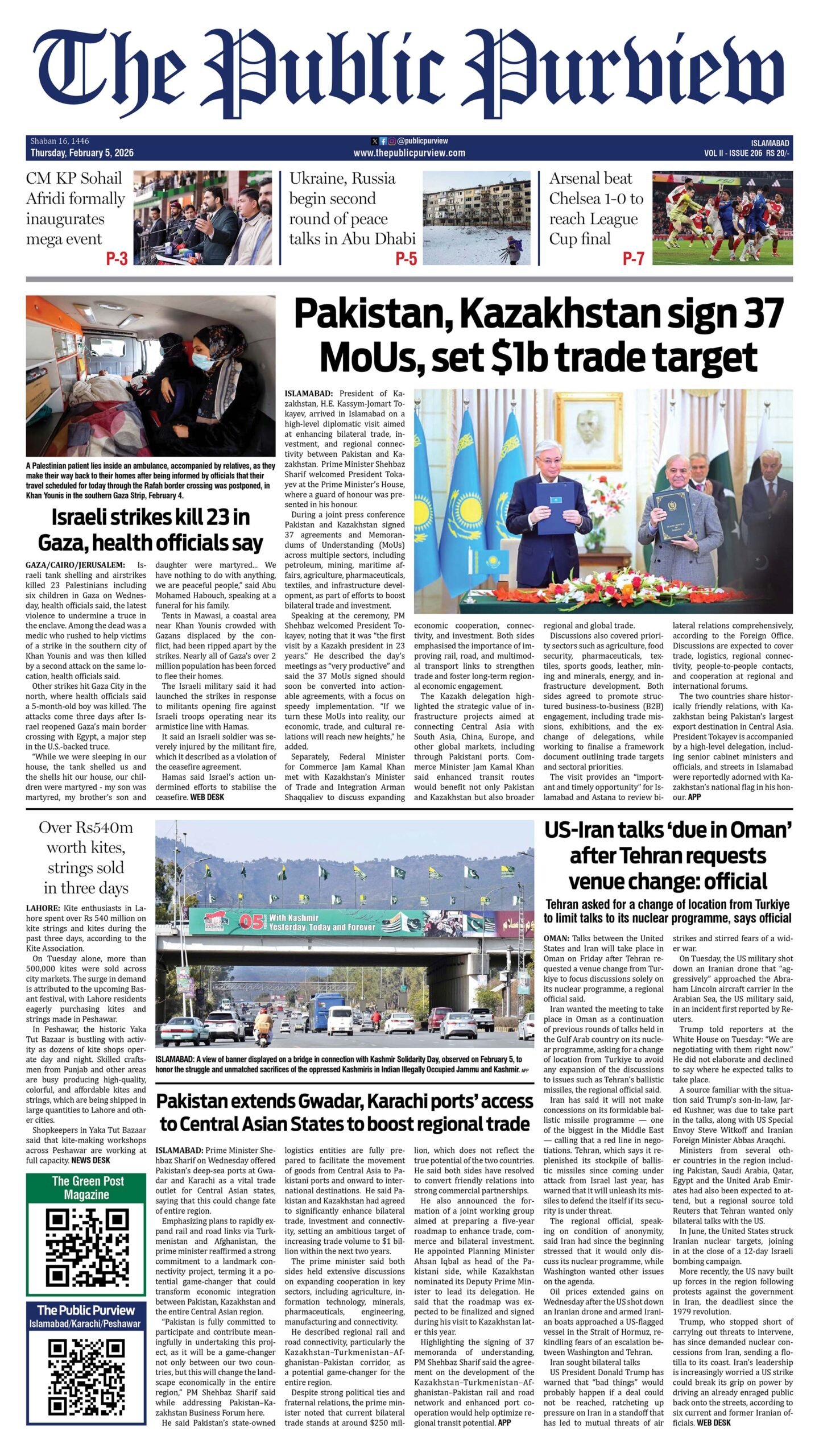As the world celebrates Human Rights Day, concerns over rights abuses in India have taken center stage. Despite being a signatory to the Universal Declaration of Human Rights for 77 years, India faces criticism for its treatment of minorities, women and marginalized groups.
The report shows that religion-based policies are being implemented and incidents of violence against minorities, including Muslims, Christians and Dalits, are on the rise. Analysts point to measures such as the Citizenship Amendment Act (CAA) and the repeal of Article 370, which stripped Jammu and Kashmir of its special status in August 2019.
According to the Kashmir Press, more than 1,000 Kashmiris were killed and 25,000 arrested after the abrogation of Article 370. In addition, more than 1,200 properties were destroyed and 200 children were left orphans. Activists have warned of a crackdown on dissent and human rights abuses in the region.
The plight of religious minorities is an important issue. The destruction of more than 500 mosques and holy places, including the Babri Masjid collapse in 1992, fueled religious strife. In 2023 alone, there were 400 cases targeting Christians in 23 states.
Marginalized communities like Dalits face discrimination and violence. Data from the National Crime Records Bureau shows that there will be more than 60,000 crimes against Dalits in 2021, an average of one every 10 minutes.
Women’s rights also remain at risk, with more than 400,000 cases of sexual violence reported in 2021. Experts say this is only the tip of the iceberg, given the widespread availability of this information.
Press freedom is a growing concern. Prominent organizations such as Amnesty International and Oxfam have come under pressure, with Amnesty closing its India office in 2020. In 2023, BBC India was raided for broadcasting a documentary critical of Prime Minister Narendra Modi’s government.
Critics argue that the Modi government’s policies have exacerbated this problem by undermining India’s commitment to human rights. While international organizations are called for, the need for systemic reform remains a pressing issue.






 Today's E-Paper
Today's E-Paper